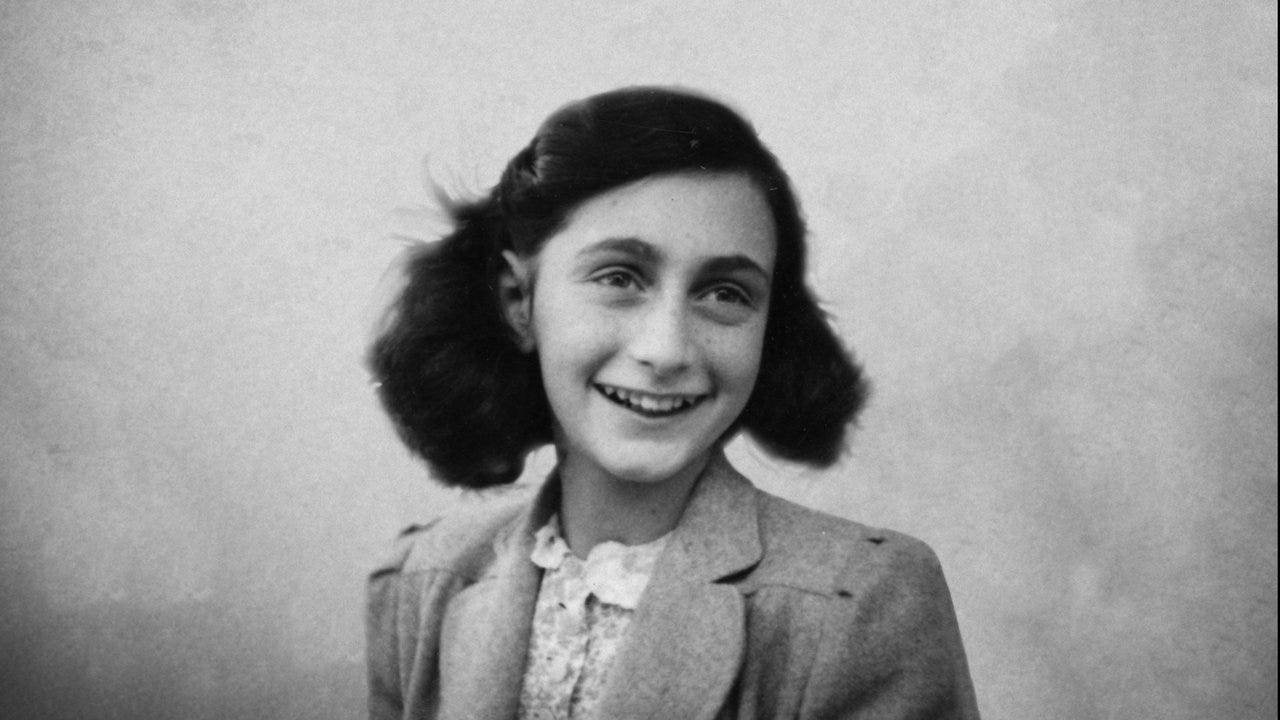On This Day 1944, The Capture of Anne Frank Exposed More Than a Hiding Place
Eighty-one years ago today, a knock behind a bookshelf revealed the true cost of silence and complicity
At 10.30 in the morning, Nazi officers entered a warehouse office in Amsterdam and opened a hidden door behind a bookshelf. Inside, they found the Frank family and four others who had lived there in secret for more than two years.
They were not criminals. They were Jews. And in occupied Holland, that was reason enough for arrest.
The people hiding behind that door hoped for rescue. Instead, they were handed over by someone who talked. A tip. An anonymous betrayal. That is all it took.
The annex was supposed to be a refuge. But on this day, it became a trap. The sound of boots on stairs signalled the end, not only of hiding, but of hope.
Ordinary people made this happen
Anne Frank’s story has been softened by time. Her name is known, her diary is taught, her quotes are printed on posters. But what happened to her family was not poetic. It was bureaucratic.
She was arrested because someone followed orders. She was transported because someone filled in paperwork. She was held in a death camp because a system existed that required no monsters, just obedience.
The family was betrayed by someone nearby. It may have been a neighbour. It may have been someone who worked in the building. The point is, it was someone ordinary.
Anne’s death was not just the result of dictatorship. It was the result of hundreds of small decisions made by people who chose to say nothing, or worse, chose to help.
This is what makes the story so hard to face. It is not about a faraway evil. It is about what happens when prejudice becomes policy, and policy becomes routine.
A young voice cut short
Anne Frank was fifteen years old when she was taken from the annex. She had already filled her diary with observations that revealed a writer’s mind, sharp and self-aware.
She wrote about daily frustrations and secret hopes. She described the sound of snoring at night, the feelings she had for Peter, the chestnut tree outside the attic window. She also wrote about identity, fear, and the crushing loneliness of being trapped in silence.
Her last entry spoke of trying to be a better version of herself, if only the world allowed it. Three days later, that world closed in.
We lost a future author. But more than that, we lost a human being who had the will and the words to understand her time. Multiply that loss by millions, and you begin to see what was stolen during the Holocaust. Not only lives, but legacies.
Silence is never neutral
When Otto Frank first heard Hitler had become chancellor in 1933, he understood what was coming. He moved his family to the Netherlands. He changed his business. He did everything right.
And still it was not enough.
By 1940, the Nazis had invaded Holland. By 1941, Jewish citizens were forced to register. By 1942, the yellow Star of David was mandatory. With each rule, the walls closed in. Escape was nearly impossible. Hiding was the only option.
But the bigger tragedy is that all of this unfolded in front of people who said nothing. That silence was not harmless. It gave space for cruelty to grow. It gave room for laws to be enforced without resistance.
Anne Frank died not just because of what people did, but because of what people did not do. And this truth remains the most uncomfortable part of her legacy.
The diary that survived
Otto Frank was the only resident of the annex to survive the death camps. He returned to Amsterdam after the war, destroyed by grief but still breathing.
When he was handed his daughter’s diary, recovered and saved by Miep Gies, he made a decision. He would not let her voice fade.
He read the words she wrote in hiding. He saw how much she had lived on the page. He found a publisher. In 1947, The Diary of a Young Girl was released.
The book became a record not only of one girl’s experience, but of an entire era’s failure. It has been translated into dozens of languages. It has sold millions of copies. It has moved people, but it should also confront them.
Anne Frank’s story is not just about hope. It is about what happens when decent people allow hatred to go unchecked. It is a mirror held up to power, fear, and silence.


